Dog aggression towards other dogs can be a challenging behavior for pet owners to manage. While many dogs get along well with their canine counterparts, some breeds are naturally more prone to aggression towards other dogs. This behavior can be influenced by a variety of factors, including genetics, upbringing, socialization, and the environment. Certain breeds have a stronger prey drive, territorial instincts, or protective tendencies that make them more likely to display aggressive behavior towards other dogs. Understanding which breeds are more predisposed to this behavior can help prospective owners take the necessary precautions and provide the appropriate training and socialization. In this article, we will explore 11 dog breeds that are known for being the most aggressive towards other dogs, delving into the reasons behind their behavior and what makes them stand out in this regard.
11. Akita
The Akita is a powerful and imposing breed that originated in Japan. Historically used for hunting large game and guarding, Akitas have a strong prey drive and can be highly territorial. While they are known for their loyalty and devotion to their family, these traits can manifest as aggression towards other dogs, particularly if they feel their territory is being encroached upon. Akitas are naturally dominant and can be aggressive towards other dogs, especially those of the same sex. Socialization and training from an early age are crucial to help manage this behavior, but even with proper guidance, Akitas may remain reserved or even hostile towards unfamiliar dogs. Their strong-willed nature makes them better suited to experienced owners who can provide firm and consistent leadership.
10. Chow Chow
Chow Chows are an ancient breed from China, known for their independent and somewhat aloof nature. These dogs have a strong sense of territoriality and are naturally protective of their family and home. This protective instinct can lead to aggressive behavior towards other dogs, particularly if they perceive the other dog as a threat. Chow Chows are not naturally sociable with other dogs and can be quite dominant, especially with those of the same sex. Their independent nature means they are less likely to seek out the company of other dogs, and without proper socialization, they can become aggressive. Early and consistent socialization is essential to help a Chow Chow learn to tolerate other dogs, but they are not typically a breed that will enjoy dog parks or group play sessions.
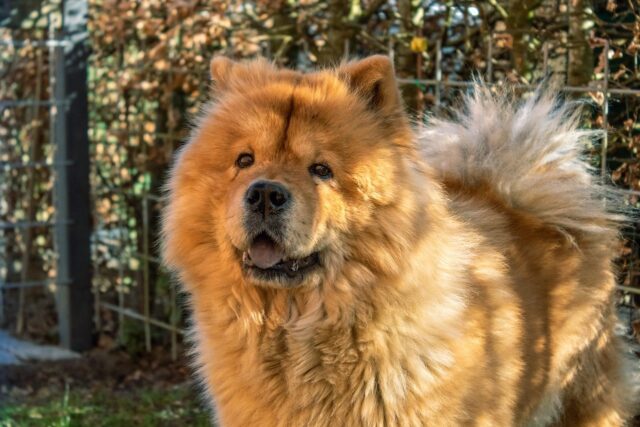
9. Shar Pei
The Shar Pei is a breed with a strong sense of independence and territoriality, characteristics that can contribute to aggression towards other dogs. Originating from China, the Shar Pei was historically used for guarding and herding, roles that required a certain level of aggression and dominance. These traits have been passed down through generations, making the Shar Pei naturally wary of other dogs. They are known to be particularly aggressive towards dogs of the same sex and may not tolerate the presence of other dogs in their territory. Shar Peis require early and ongoing socialization to help mitigate these tendencies, but they are not typically a breed that gets along well with other dogs, especially in unfamiliar settings.
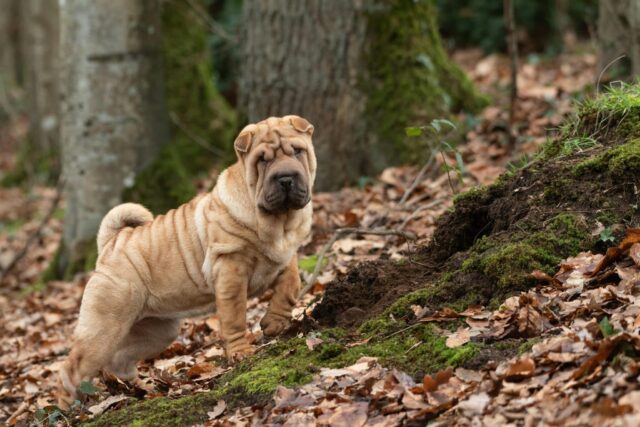
8. Dogo Argentino
The Dogo Argentino is a powerful and athletic breed that was originally developed in Argentina for big-game hunting. This breed has a strong prey drive and a natural inclination towards dominance, which can lead to aggressive behavior towards other dogs. Dogos are known for their bravery and protective nature, traits that make them excellent guard dogs but can also contribute to aggression towards other canines. They are particularly aggressive towards dogs of the same sex and may not tolerate the presence of other dogs, especially in their territory. Socialization and training are crucial for the Dogo Argentino, but even with proper guidance, they may remain aggressive towards unfamiliar dogs, making them better suited to homes where they are the only dogs or where their interactions with other dogs can be closely monitored.
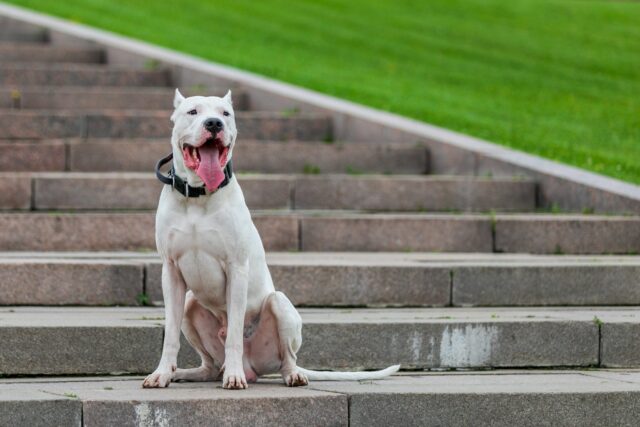
7. Jack Russell Terrier
The Jack Russell Terrier is a small but feisty breed known for its high energy levels and strong prey drive. Originally bred for hunting small game, Jack Russells have a natural inclination towards aggression, particularly towards other small animals and dogs. Despite their small size, they are incredibly determined and can be quite dominant, which can lead to aggressive behavior towards other dogs, especially those of the same size or smaller. Jack Russells require early and ongoing socialization to help mitigate these tendencies, but they are not typically a breed that gets along well with other dogs. Their high energy and strong-willed nature make them better suited to homes where they are the only dogs or where their interactions with other dogs can be closely monitored.
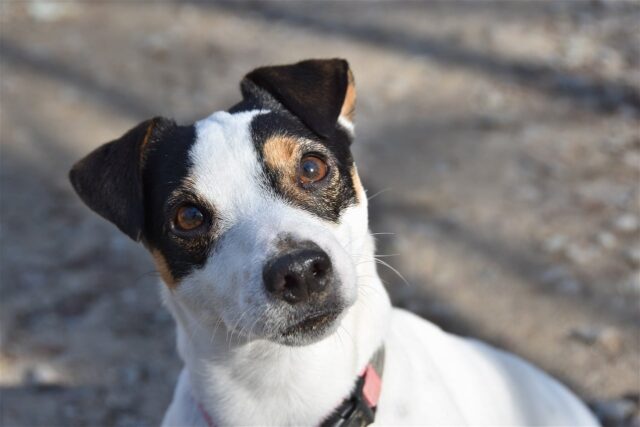
6. Fila Brasileiro
The Fila Brasileiro, or Brazilian Mastiff, is a breed known for its intense loyalty and protective nature. Historically used for guarding livestock and property, the Fila Brasileiro has a strong territorial instinct and can be highly aggressive towards other dogs. This breed is naturally suspicious of unfamiliar dogs and may react aggressively if they perceive a threat to their family or territory. Filas are particularly dominant and may not get along well with other dogs, especially those of the same sex. Socialization from an early age is crucial to help manage these tendencies, but even with proper training, the Fila Brasileiro may remain aggressive towards other canines. This breed is best suited to experienced owners who can provide the necessary training and supervision to ensure they are well-behaved around other dogs.
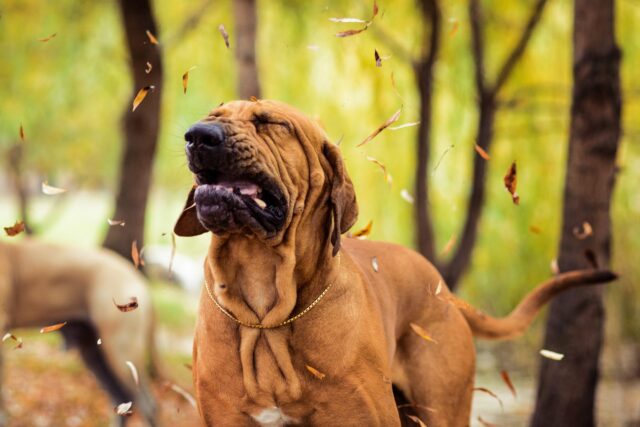
5. American Pit Bull Terrier
The American Pit Bull Terrier is a breed with a complex reputation, known for its strength, determination, and loyalty. Originally bred for bull-baiting and later for dog fighting, the Pit Bull has a natural inclination towards aggression, particularly towards other dogs. While they can be loving and affectionate with their family, Pit Bulls can be highly aggressive towards other dogs, especially those of the same sex. Their strong prey drive and natural dominance make them more likely to engage in fights with other dogs, particularly if they feel challenged or threatened. Early socialization and training are crucial to help manage these tendencies, but even with proper guidance, Pit Bulls may remain aggressive towards unfamiliar dogs. It’s important for owners to provide firm leadership and to be aware of the breed’s potential for aggression to prevent unwanted incidents.
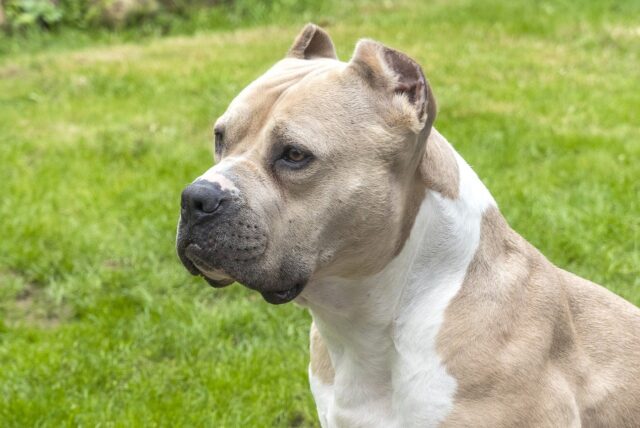
4. Rhodesian Ridgeback
The Rhodesian Ridgeback is a powerful and athletic breed that was originally developed in Africa for hunting and guarding. This breed is known for its strong prey drive and independent nature, which can contribute to aggression towards other dogs. Rhodesian Ridgebacks are naturally dominant and may not tolerate the presence of other dogs, particularly those of the same sex. Their protective instincts make them wary of unfamiliar dogs, and they may react aggressively if they perceive a threat to their territory or family. Early socialization and training are crucial to help manage these tendencies, but even with proper guidance, Rhodesian Ridgebacks may remain reserved or hostile towards unfamiliar dogs. This breed is best suited to experienced owners who can provide firm and consistent leadership.
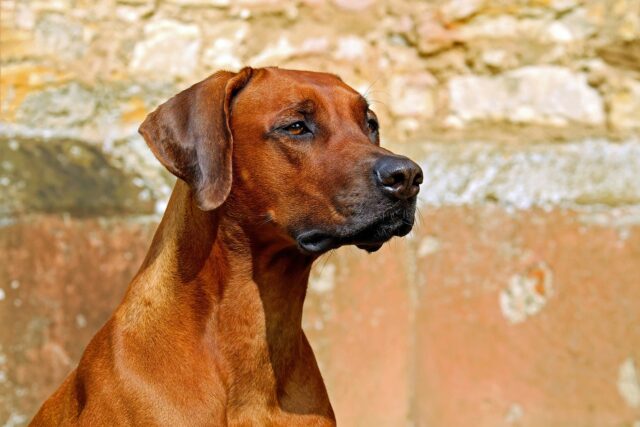
3. Bullmastiff
The Bullmastiff is a large and imposing breed that was originally developed in England for guarding estates and game reserves. This breed has a strong protective instinct and can be highly territorial, traits that can contribute to aggression towards other dogs. Bullmastiffs are known for their loyalty and devotion to their family, but these traits can also make them aggressive towards other canines, particularly those they perceive as a threat. They are naturally dominant and may not tolerate the presence of other dogs, especially in their territory. Socialization and training from an early age are crucial to help manage these tendencies, but even with proper guidance, Bullmastiffs may remain aggressive towards unfamiliar dogs. This breed is best suited to experienced owners who can provide firm and consistent leadership.
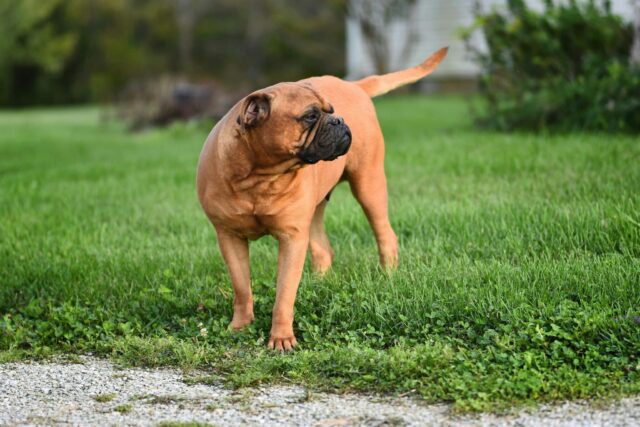
2. Cane Corso
The Cane Corso is a large and powerful breed that was historically used for guarding and hunting in Italy. This breed has a strong protective instinct and can be highly territorial, traits that can lead to aggression towards other dogs. Cane Corsos are naturally dominant and may not tolerate the presence of other dogs, particularly those of the same sex. They are known for their loyalty and devotion to their family, but these traits can also make them aggressive towards other canines, especially if they feel their territory is being threatened. Socialization and training from an early age are crucial to help manage these tendencies, but even with proper guidance, Cane Corsos may remain aggressive towards unfamiliar dogs. This breed is best suited to experienced owners who can provide firm and consistent leadership.
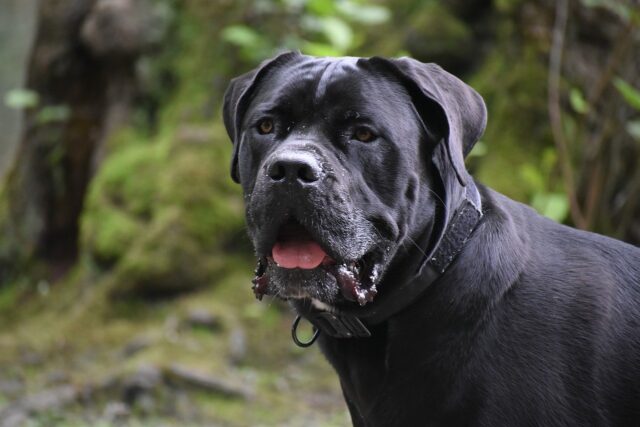
1. American Bulldog
The American Bulldog is a powerful and athletic breed that was originally developed in the United States for working livestock and guarding property. This breed has a strong protective instinct and can be highly territorial, traits that can contribute to aggression towards other dogs. American Bulldogs are known for their loyalty and devotion to their family, but these traits can also make them aggressive towards other canines, particularly those they perceive as a threat. They are naturally dominant and may not tolerate the presence of other dogs, especially in their territory. Socialization and training from an early age are crucial to help manage these tendencies, but even with proper guidance, American Bulldogs may remain aggressive towards unfamiliar dogs. This breed is best suited to experienced owners who can provide firm and consistent leadership.
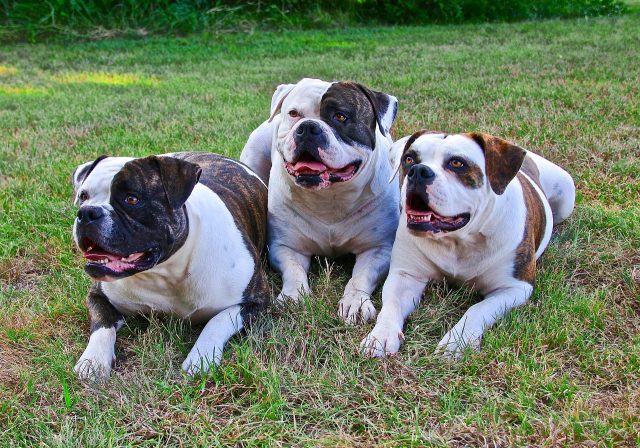
These dog breeds each have unique traits and characteristics that make them more prone to aggression towards other dogs. While they can be loyal and loving companions, their instincts and tendencies require careful management and responsible ownership. Proper socialization, training, and supervision are essential to ensure these breeds can coexist safely with other dogs. For those considering one of these breeds, it is important to understand the potential challenges and to be prepared to provide the necessary guidance and leadership to manage their behavior.
